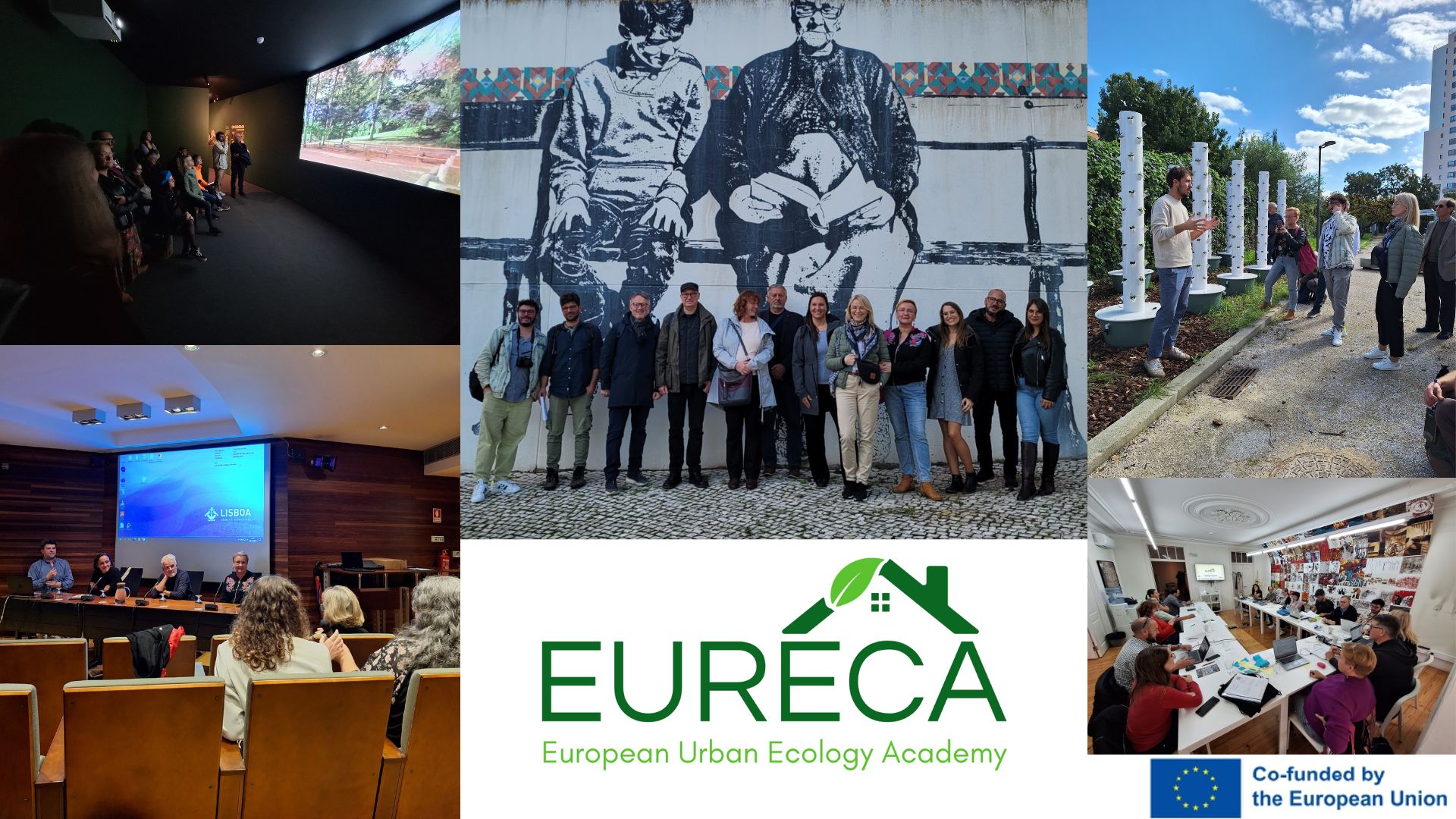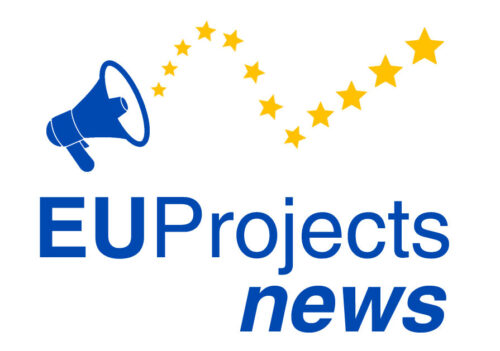
A partner group from Poland, the Czech Republic, Spain, Portugal and Italy started the project ‘EURECA – European URban ECology Academy’ in the framework of the Erasmus+ adult education programme at the beginning of September 2023.
The project intends to target people who are not professionally involved in ecology, and the goal is to transfer knowledge about practical solutions that the ‘common man’ can adopt without any specialized ecological or technical knowledge. The program will be designed to provide participants with practical and actionable solutions that can be applied at the individual, household, and organizational levels.
The primary outcome of the project will be an online training program, which will be accessible to everyone. The consortium will create an e-learning platform that will host the online training program. The platform will enable remote training, and partners will complete a full training cycle in Poland, the Czech Republic, Spain, Portugal, and Italy.
Overall, the “EURECA – European URban ECology Academy” project will be crucial in promoting environmental protection and pro-environmental behaviour across Europe. Through the consortium’s efforts, individuals, households, and organizations will be equipped with practical knowledge that they can use to make a positive impact on the environment.
Implementers/partners:
SocLab Foundation – Poland (project leader)
Gramigna OdV – Italy
EDU.IN Associação para a Educação Integral – Portugal
Spolek absolventů a přátel zemědělské školy v Chrudimi z.s. – Czech Republic
Internet Web Solutions SL – Spain
The kick-off meeting for the EURECA project was held in Lisbon from November 6th to November 10th, 2023. The meeting was organized by EDU.IN, and representatives from all five partner organizations attended. During the meeting, the partners discussed and planned the tasks for the various project phases, which will continue until December 2025.
While in Lisbon, the Edu. in partners organized guided tours of locations and equipment that showcase good ecological practices. The tours highlighted Lisbon’s status as the European Green Capital for 2020. In addition to the tours, a colloquium was held, during which Portuguese stakeholders and experts discussed a range of urban ecology topics. These included the circular economy in cities, its relationship with organization and territory planning, integrated models of sustainable innovation that apply measures of climate mitigation and adaptation, local development, and social equity.
For more information: https://www.internetwebsolutions.es









